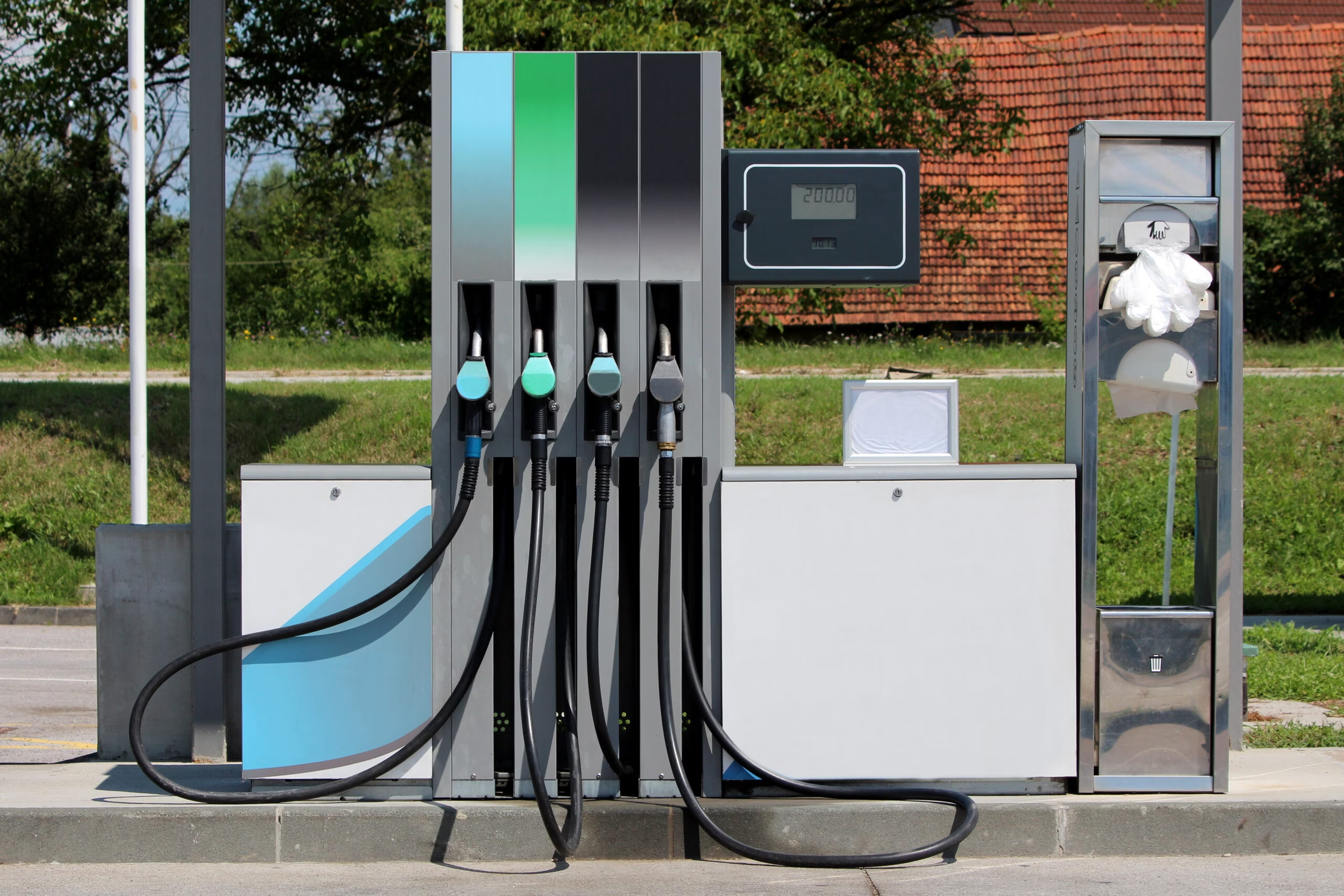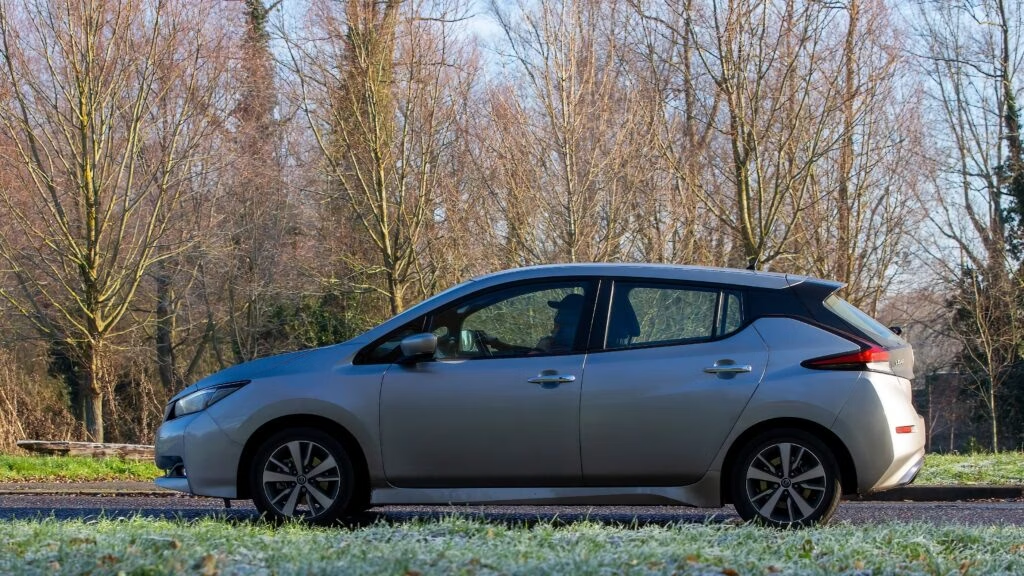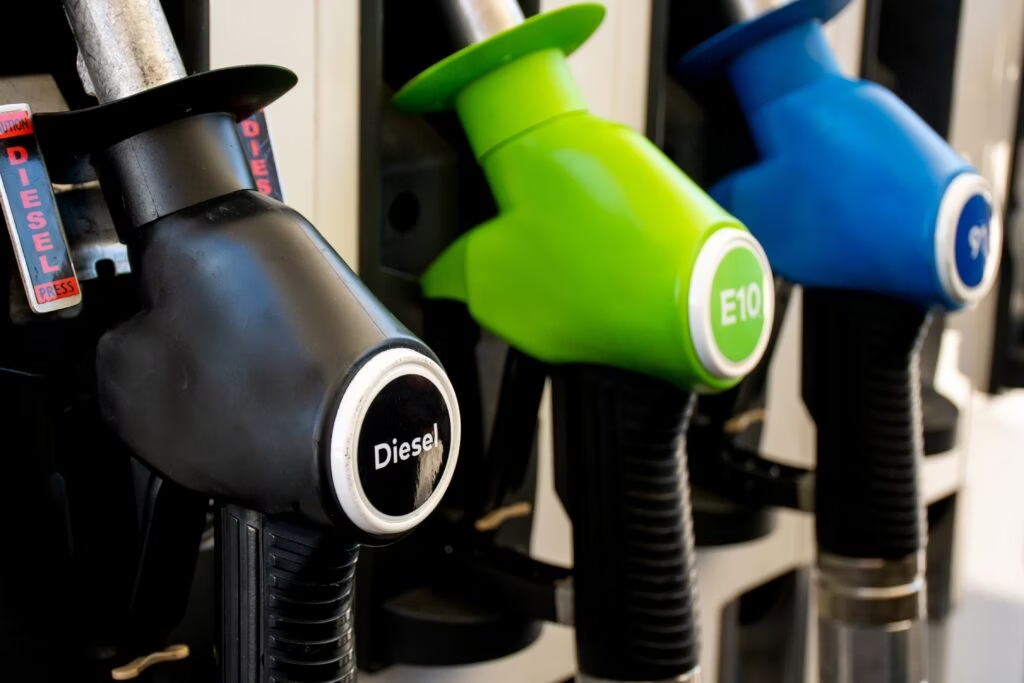Does fuel type impact the value of your car?
Many factors shape the value of your car in the UK market, including the fuel you use to power your vehicle.
From petrol and diesel to electric and hybrid, understanding your fuel type’s effect on resale value can save you money and time, helping you get more money whenever you decide to sell your car.
- Role of fuel type in car valuation
- Petrol cars
- Diesel cars
- Fuel variants: electric vehicles, hybrids, and new fuel types
- FAQs
Role of fuel type in car valuation

When it comes to resale value, the type of fuel your car uses makes a difference.
Petrol cars are extremely popular in the UK. Their lower purchase prices and wider acceptance among buyers generally contributes to lower initial depreciation rates. Concerns over carbon emissions and potential future restrictions contribute to lower values for diesel cars, although there is a robust secondhand market.
Conversely, eco-friendly electric and hybrid vehicles may retain value better, especially if they boast advanced technology and remain within warranty.
It’s important to keep an eye out for new rulings regarding fuel type in the UK and how they affect you. The 2035 ban on new petrol and diesel cars, for example, is expected to play an outsized role in resale prices in the years to come.
Additionally, vehicle condition plays a pivotal role in determining value, and this is closely linked with its fuel type. While well-maintained cars generally command higher prices regardless of fuel type.

Petrol cars
Petrol cars are extremely popular in the UK, largely due to affordability and convenience. They’re usually cheaper to buy than diesel cars, and generally more fuel (and therefore cost) efficient on shorter journeys. Petrol is also better for compact vehicles, which make up the majority of cars on UK roads.
To note: if you’re travelling longer distances or focused on environmental impact, petrol may not be the most efficient fuel type.
Petrol vehicles are common on the resale market. However, they may experience faster depreciation compared to hybrid or electric alternatives due to local regulations, such as London’s ULEZ or the expanding Clean Air Zones across the country, and changing market preferences, including the growing desire for environmentally friendly transportation.
| Pros | Cons |
| ✅ Widely available new and used ✅ Efficienct for short distances ✅ Great for compact vehicles ✅ Performance ✅ Lower purchase price compared to diesel or electric vehicles ✅ Petrol less expensive than diesel | 🚩 Fluctuating fuel costs 🚩 Less efficient for long distances 🚩 Carbon emissions 🚩 Potential lower resale value, depending on market preferences |
Diesel cars
For many years, the UK Government promoted diesel vehicles as being more efficient for long journeys and better for the environment. Yet diesel hit multiple bumps in the road after a series of pollution studies and emissions scandals, and the fuel type is now being targeted by tax increases and emissions charges.
Even with the 2035 electric switchover on the horizon, diesel cars can still be a good investment. Diesel tends to fetch a greater MPG than other fuel types, especially when driven over serious distances or towing heavy materials, and lasts longer than petrol engines. Diesel also makes sense for larger vehicles, since the torque and power of a diesel engine low in the rev range makes a big difference to fuel economy – plus, diesel SUVs are often easier to drive.
Diesel cars can hold their value better over time, particularly for larger models with high fuel efficiency and robust performance. That being said, concerns over emissions and potential future restrictions can negatively impact resale values, even if you have a Euro 6 compliant model and do not live in a CAZ.
While it’s unlikely that used diesel vehicles will be banned outright in the UK, it’s important to consider local legislation if you’re looking to sell a diesel car.
| Pros | Cons |
| ✅ Fuel and cost efficienct for longer distances ✅ Best for rural drivers and towing ✅ Great for SUVs and larger vehicles ✅ Performance | 🚩 Less efficient for short distances and city driving 🚩 Carbon emissions 🚩 Emissions rules, CAZ, ULEZ 🚩 Recent history of environmental damage 🚩 Potential lower resale value, depending on market preferences |
Fuel variants: electric vehicles, hybrids, and new fuel types
Alternative fuel variants are revolutionizing the automotive industry. Electric vehicles (EVs) and hybrids are at the forefront of this shift, offering sustainable alternatives to conventional combustion engines like petrol and diesel. Other fuel types, including ethanol-based fuels, are also gaining in popularity.
Government incentives, improved charging infrastructure, and enhanced driving ranges continue to drive consumer adoption of these eco-friendly vehicles. As a result, the resale values of electric and hybrid cars are expected to remain robust.
Electric vehicles

EVs rely solely on electricity for power, emitting zero tailpipe emissions and helping reduce the carbon footprint of driving. With advancements in battery technology and increased environmental consciousness among consumers, EVs (and hybrids) have emerged as viable alternatives to traditional petrol and diesel cars.
While fully-electric cars can cost a lot more than their petrol or diesel counterparts, EVs offer a great, potentially cheaper way to get around – especially for short journeys. EVs particularly make sense if you live and work in urban areas. You’ll save money on fuel (esepcially when electricity and charging costs are not at peak levels) and avoid congestion and CAZ charges.
As environmental concerns intensify and governments implement stricter emissions regulations, the adoption of EVs is expected to accelerate, shaping car production trends and influencing new and resale valuations. Two additional factors supporting resale valuatons: EVs are also often cheaper to service than other cars and technological updates are increasing their range and reliability.
Hybrids
Hybrids combine traditional combustion engines with electric motors, providing improved fuel efficiency and lower emissions. Over the past six years, this middle-ground between fossil fuel and fully electric cars have exploded in popularity in the UK market, largely because of their environmental friendliness.
Given increased popularity, many car manufacturers are hybridising their entire line up, meaning there’s little extra upfront cost when choosing the hybrid option. Hybrids are also often cheaper than fully electric cars.
However, hybrids aren’t as green as they could be. They still produce emissions and their weight can mean more power, and money, are needed to keep you on the road.
E10 fuel

E10 fuel, containing up to 10% ethanol blended with petrol, is being promoted as a greener alternative to conventional petrol. Yet its impact on vehicle performance and resale values warrants careful consideration. While E10 fuel helps reduce greenhouse gas emissions, it may have implications for engine compatibility and efficiency.
Only petrol vehicles can use E10 petrol. Diesel, older vehicles, and certain high-performance engines may experience issues if filled with E10 fuel or other inappropriate fuel types. This can decrease performance and resale value.
It is the driver’s responsibility to understand which fuel works best for their vehicle.
FAQs
Are petrol cars worth more than diesel?
This depends on how you or your customer plan to use your car. Petrol cars may be worth more initially due to lower purchase prices and widespread popularity across the UK. However, if you plan to log significant mileage or tow heavy items, a diesel vehicle may actually be more valuable in the long term. Emissions regulations in your area also impact demand and resale pricing of cars with different fuel types.
Will diesel cars depreciate faster?
Again, this depends on the market in your specific area and how you plan to use your car. Diesel cars can decrease in value faster due to concerns over emissions and potential future restrictions when compared to petrol cars or EVs; however, the market for used diesel cars remains strong, especially in rural areas.
Should I use E5 or E10 petrol?
Consider your vehicle’s compatibility and environmental impact before using either E5 or E10 fuel. Only vehicles designed to use petrol fuel can use these two alternatives. Using E5 or E10 petrol in a diesel vehicle may result in severe engine damage.

Need to sell your car?
Want to learn more about owning, maintaining, and selling your car? Check out more of our guides here, covering everything from Clean Air Zones to car tax, and plate changes to part exchange.
The information provided on this page is for general informational purposes only and should not be considered as professional advice.